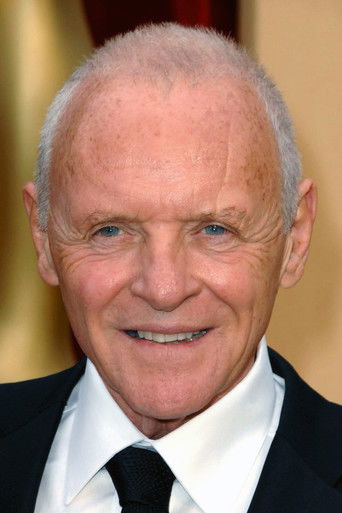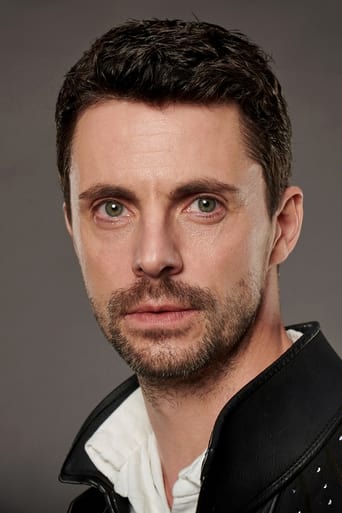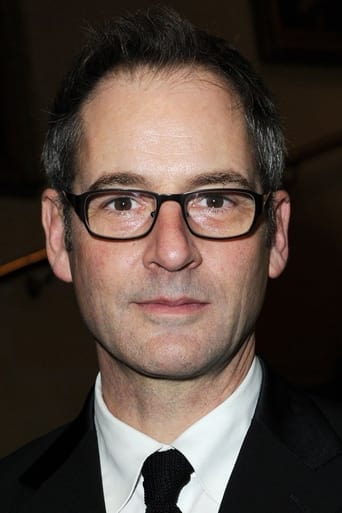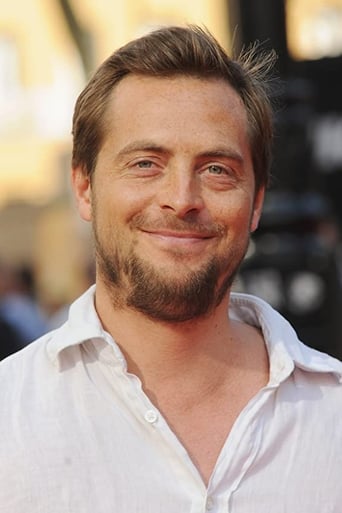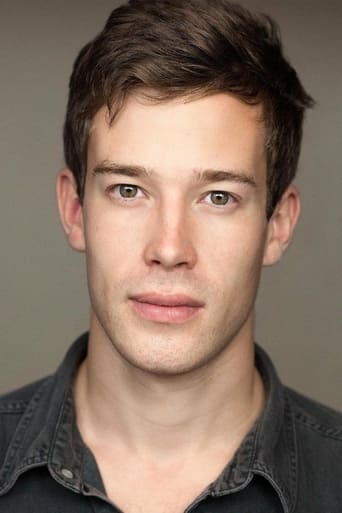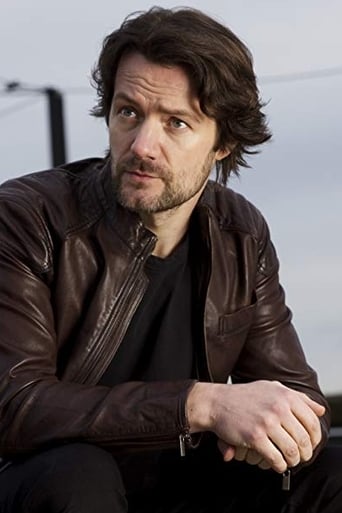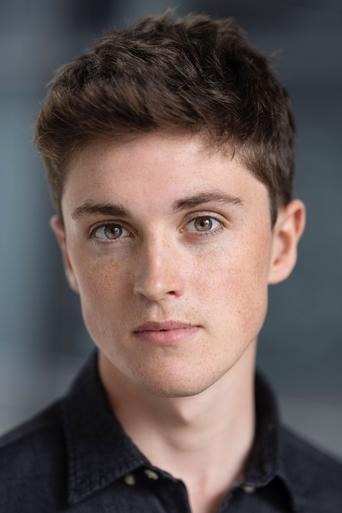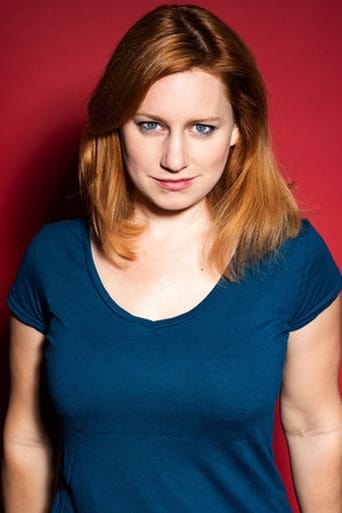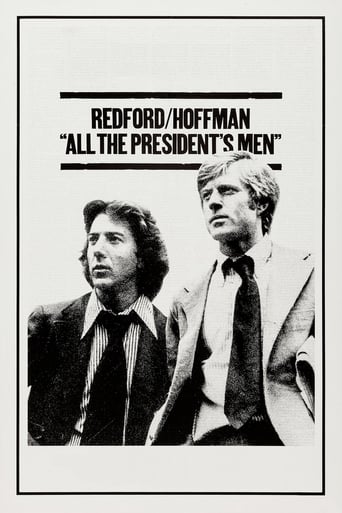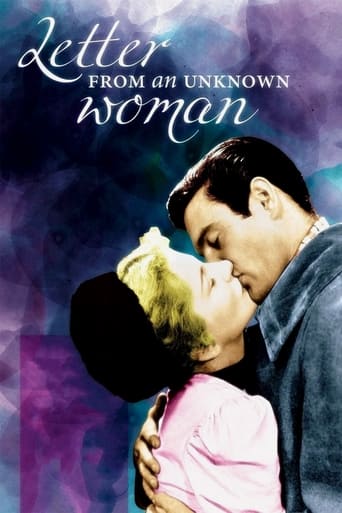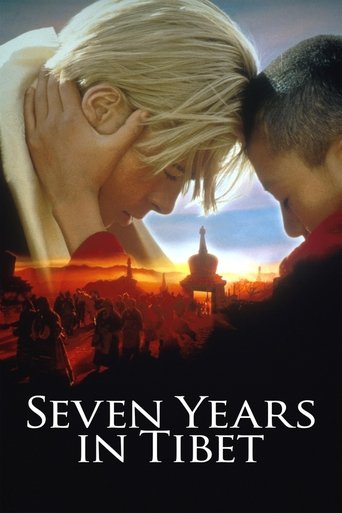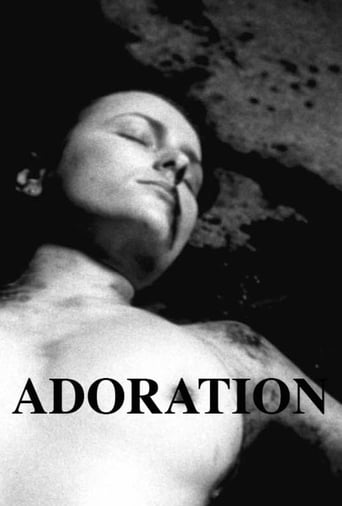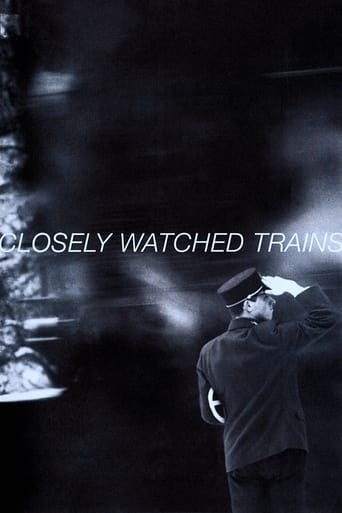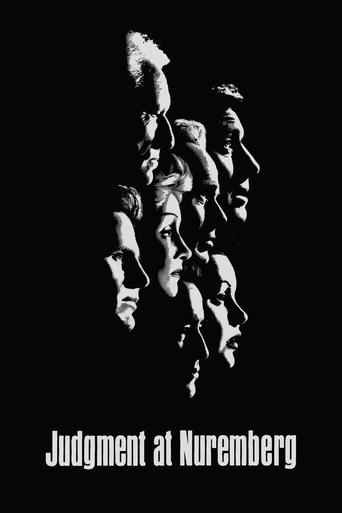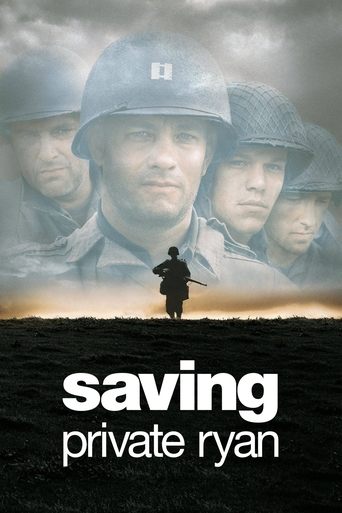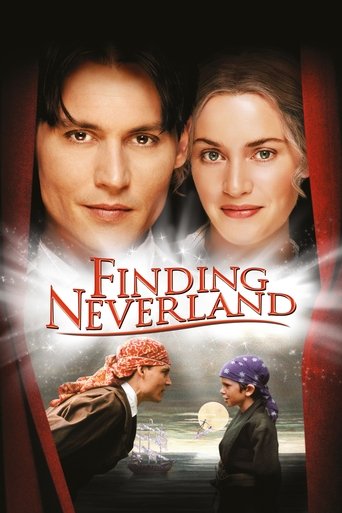
Freud's Last Session (2023)
On the eve of the Second World War, two of the greatest minds of the twentieth century, C.S. Lewis and Sigmund Freud converge for their own personal battle over the existence of God. The film interweaves the lives of Freud and Lewis, past, present, and through fantasy, bursting from the confines of Freud’s study on a dynamic journey.
- Matt Brown
- Mark St. Germain
Rating: 6.5/10 by 91 users
Alternative Title:
La última sesión de Freud - EC
Последний сеанс Фрейда - RU
Country:
Ireland
United Kingdom
United States of America
Language:
English
Runtime: 01 hour 49 minutes
Budget: $10,000,000
Revenue: $1,697,993
Plot Keyword: world war ii, sigmund freud, based on true story, author, historical fiction, belief in god, psychiatry, 1940s, 1930s, lesbian, independent film
I lasted forty-five minutes with this one. The premise was intriguing, and the semi-low score could easily be attributed to people finding a slow-pace talkie boring, or people on either side of the theist/atheist aisle being offended. As an atheist, who was brought up Christian, and who enjoys debates on religiosity between intelligent opponents, this seemed right up my alley. And I do like Anthony Hopkins. Especially since his absolutely stellar career-peaking performance in The Father (watch it if you haven't, and DO NOT read the synopsis or any review before you do). Unfortunately, it starts out really poorly, with the virtual Freud incorrectly attributing the virtual Einstein with the 21st-century internet meme, "The definition of insanity is doing the same thing over and over and expecting different results." I don't blame the average memecow for repeating this nonsense, let alone attributing it to Einstein, as the number of clowns repeating it seems to be exponentially increasing. It's now even reached "Freud" via Anthony Hopkins on screen. But it doesn't bode well that writers of a movie about Freud and C.S. Lewis meeting up to debate the existence of the Christian god would be so ignorant to think that someone like Einstein would utter such nonsense. They're not even considering it to the point of googling "did Einstein really say this thing? did he not have a dictionary? it seems really odd that someone this smart would say something this dumb reddit." But I carry on, trying to shake it off. It's a minor thing, it can still be good, it's still Hopkins. But some 35 minutes later, I just can't anymore. There isn't even any debate. I was actually hoping for 105 minutes of "Freud" and "Lewis" just talking in an office. Sort of like The King's Speech. It works when there's something to talk about, and HELLO! The existence of god? Debated by Freud and Lewis? YES, PLEASE! WHERE TO PUT MY MONEY? But no, they have hardly addressed a debate point forty-five minutes in. It's just a bunch of pointless and historically inaccurate flashbacks, mostly boring, some hilariously inaccurate, like Freud as a child when his Muslim father kicks out his Christian mom with a "THERE IS NO HEAVEN!" because Freud crossed his chest, then shouts at Freud to never pray again. I mean, I laughed heartily, but seriously? Is this another meme thing that some internet clowns are saying like that "Einstein quote?" And if so, please, someone tell these people that you can google questions and get answers. Like, you can google and find out that Freud's parents were Jewish. I mean, COME ON! XD [Edit: Come to think of it, I think they actually don't know that Freud was Jewish, because I just remembered a scene with C.S. Lewish finding a joke of Freud's featuring two Jewish guys at a bathhouse "as funny as a hanging," because insert 21st-century-offense-taken ideology in this 1940s timeline, WITH FREUD HIMSELF BEING JEWISH! OMG] These boring and dumb flashbacks are then interspersed with "Freud" having a toothache and spewing lame quotations, while being incredibly abrasive, rude, and obnoxious, so as to make "Lewis" seem more virtuous. This movie is what happens when dumb and historically ignorant script writers who don't understand dialogue and debating have their moms tell them that surely they can write anything, they're brilliant, just brilliant. It's absolutely insufferable, factually and historically inaccurate, boring and contrived, and an incredible let-down if you went, "Wow, a discussion on theism between the brilliant minds of Sigmund Freud and C.S. Lewis. This I gotta see!" I wasn't even aware that Freud was an atheist, or at least an outspoken one. Was he? Well, I'll have to ask google, because these clowns know nothing. Avoid. Go watch The Father instead. And remember not to read what it's about if you don't know already. It makes it almost twice as good.
Near the end of his life in 1939, Sigmund Freud (Anthony Hopkins) held one last session at his London home after fleeing the encroaching Nazi oppression in his native Vienna. At that time, just as the German blitzkrieg against Poland was beginning, Freud is said to have met with an Oxford scholar, believed to be author and theologian C.S. Lewis (Matthew Goode), in a lengthy session in which the duo discussed a variety of subjects. In writer-director Matt Brown’s hypothetical meeting between them, viewers witness the two visionaries debate such topics as atheism vs. faith, science vs. religion/spirituality, the nature of fear, their respective backgrounds (including the personal demons that have haunted them) and their relationships with family members (particularly Freud’s arm’s-length connection with his lesbian daughter, Anna (Liv Lisa Fries)), among others. Their conversations are both mesmerizing and revelatory, uncovering aspects of each of them that most of us probably never knew. And, in the process, it becomes apparent that this session was as much for Freud’s benefit as it was for Lewis, given that the good doctor was in the late stages of oral cancer and contemplating how to make peace with his impending death. The dialogues between the two delve into some very heady material, the kind of discussions that movies rarely, if ever, deal with in such depth, especially as pointedly and insightfully as they’re depicted here. Their byplay is intercut with a series of flashbacks, providing the back story about how they each arrived at their respective points in their lives, leaving little doubt as to where they were coming from, as well as why they each harbored inherently conflicting viewpoints that led them both to continually question the nature of their lives, their existence and their place in the Universe. And making all of this work are the stellar performances of Hopkins and Goode, both of whom are in top form here. Admittedly, there are some hiccups in the flow of the narrative at times, but, given the richness and depth of their exchanges, these bumpy little glitches are easily overlooked in favor of the magnitude of what viewers receive in return. Those looking for “entertaining” fare are likely to be disappointed by this offering. But those seeking material that’s “enriching” and substantive will find “Freud’s Last Session” a thoughtful and engaging watch, one that’s certain to give pause about life’s bigger questions and how they apply to us, all in the hope of providing deeper meaning into why we’re here and what this thing called life is all about.
Though there is no evidence that this meeting ever actually happened, it does make for quite an intriguing premise. Renowned, but ailing, psychoanalyst Sigmund Freud (Sir Anthony Hopkins) invites Oxford University professor C.S. "Jack" Lewis (Matthew Goode) for a conversation. The latter man is late which irks his host, especially when his daughter Anna (Liv Lisa Fries) has to leave him to go to work and he is running out of the medicine (morphine) that he uses to control the pain from his advancing mouth cancer. Initially slated for the shortest of chats, the two men - who take completely opposing views on the subject of God's existence - start to bond a little. Their conversation is conducted behind a veneer of politeness, but at times is quite intellectually brutal. It's these few scenes that set the thing on fire, and the quick-wittedness of both men does raise a smile, and a thought or two too. Thing is, there just aren't enough of them to sustain what is otherwise a rather messily conceived drama that sort of meanders along with too many hmphs and shrugs, the obligatory series of laughs from Sir Anthony and a disappointing paucity of actual rigorous debate. Way too much time is languished on his daughter's relationship with Dorothy Burlingham (Jodi Balfour) - and of her father's disapproval of it, and though flashback's of Lewis's Great War trauma do add context, it's all rather underused in explaining just why this erstwhile atheist became a convert of some fervency. It's all nicely staged - but maybe that's where it ought to be seen. A three act play using a few well decorated rooms and some rainy sound effects. The two men work well together on screen, but it's still too much of a missed opportunity for us to wallow a bit more in the complex and sometimes quite humorous views of these two sophisticated intellectuals - and that's a shame.

